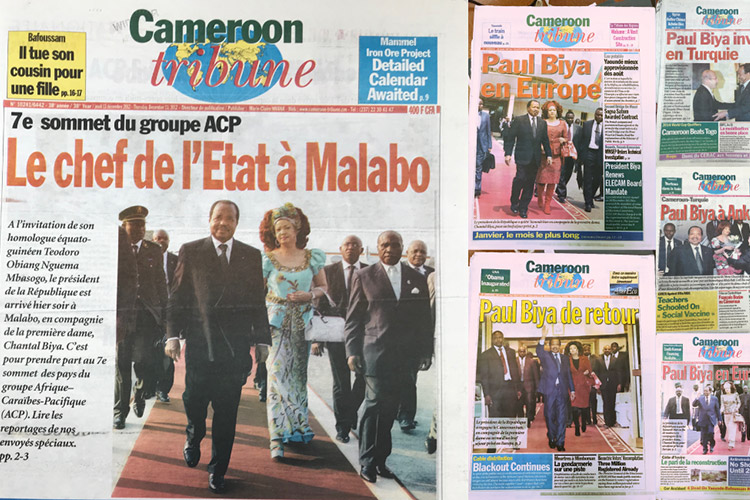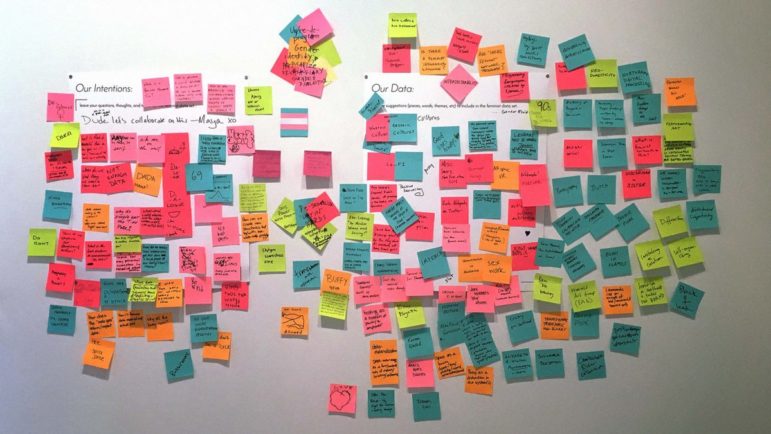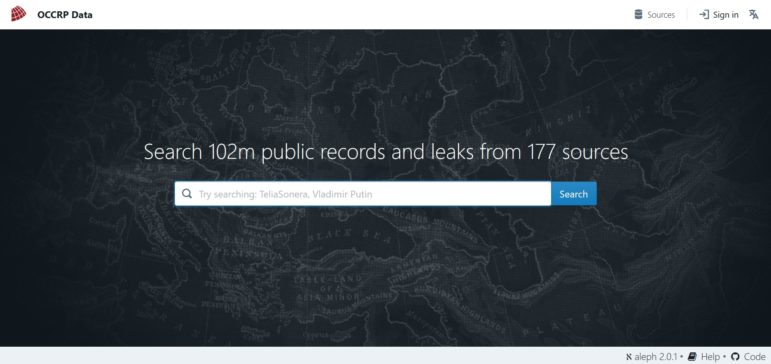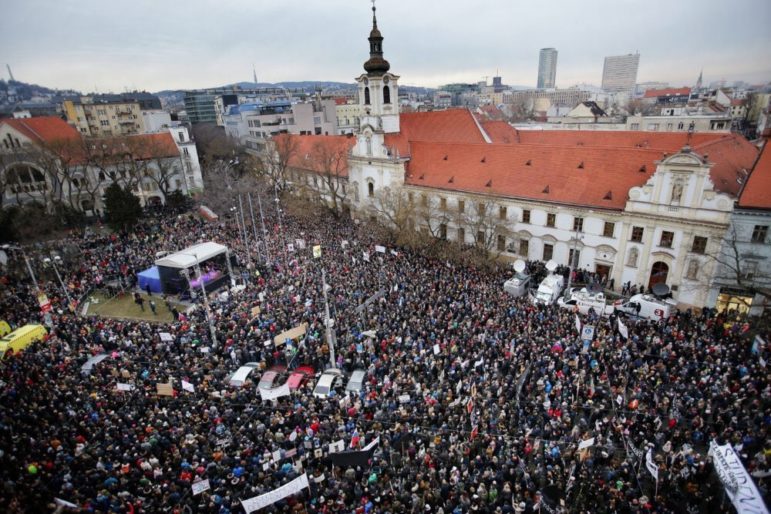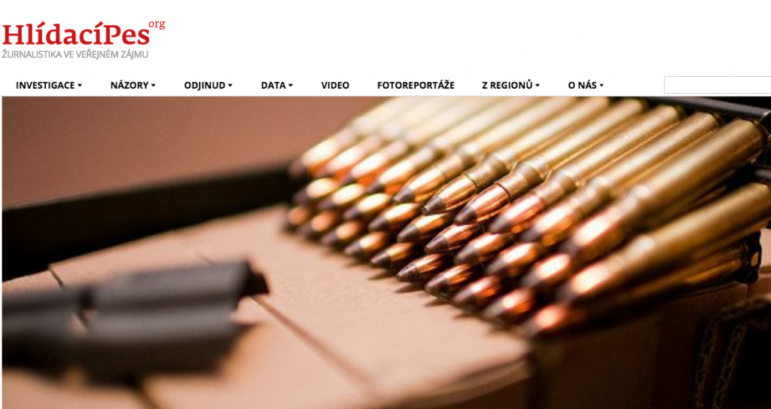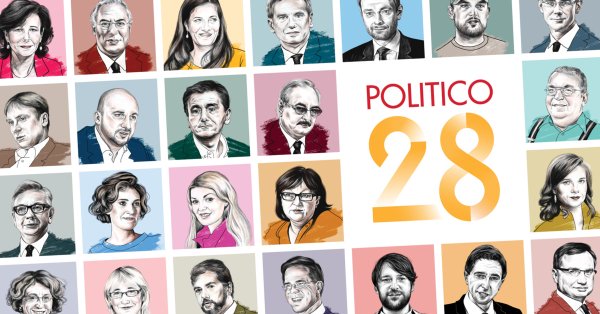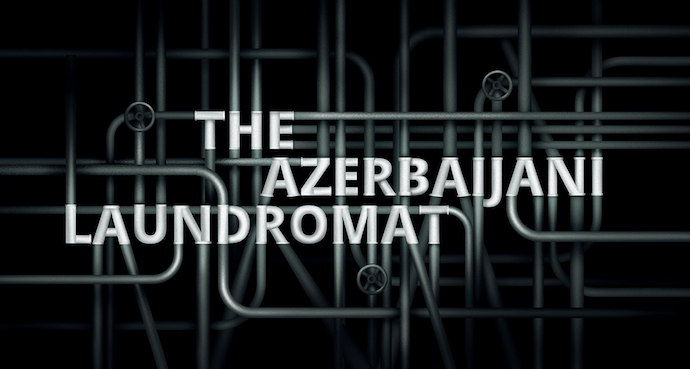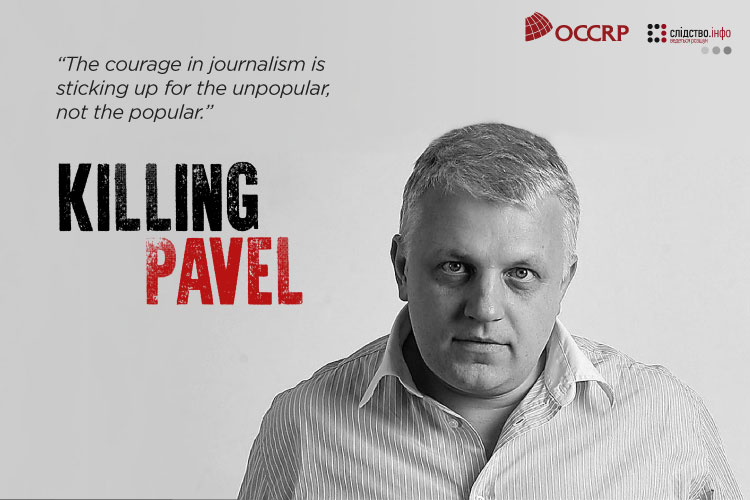
Reporting Tools & Tips
Solving a Journalist’s Murder — The Making of “Killing Pavel”
In a recent training session in Kyiv, producer Matt Sarnetski and journalist Anna Babinets talked about how they created Killing Pavel, a documentary about the murder of the well-known journalist Pavel Sheremet. GIJN has rounded up the key takeaways.

